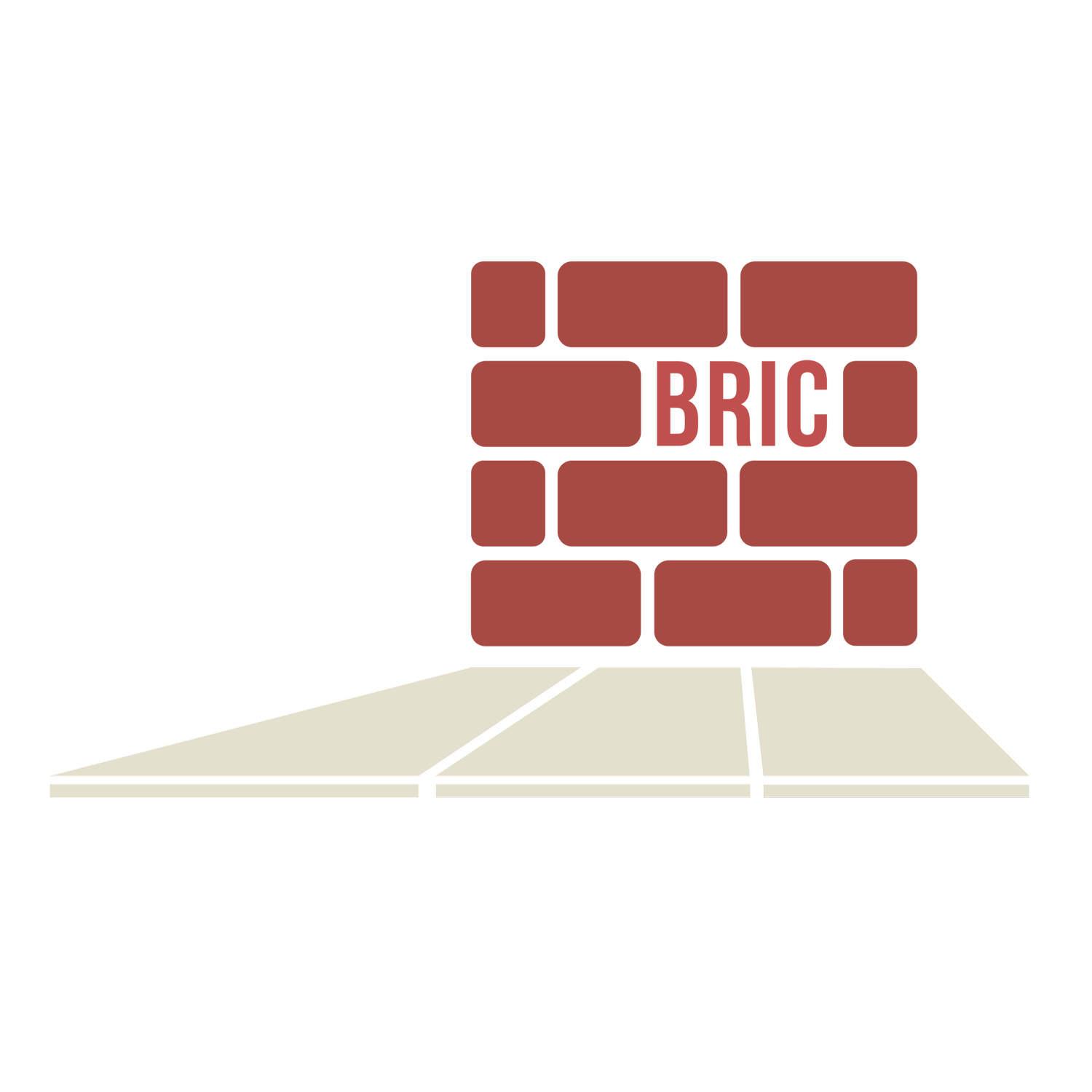Charles Mayton is New York-based contemporary artist, whose paintings combine the abstract and the schematic, exploring the questions of time, language and performance in painting, straddling abstraction and figuration.
Mayton was born in 1974 in Florida. He studied at the Ringling School of Art and Design, and graduated from Milton Avery School of the Arts at Bard College in 2007.
Mayton’s paintings are tantalizingly beautiful, with vivid hues of paint swept across canvases featuring bright semiotic symbols, including question marks, quotations, and clouds. This quality places a premium on the tangible, as a reminder that the best way to incite the unconscious, to release the imagination, is to begin with the overtly physical. Charles Mayton’s practice examines the various ways in which cultural artefacts can be redistributed and reanimated, with an increasingly acclaimed aspect of this enquiry centered on painting about painting. In essence, Mayton’s work provides an inspired documentation of inspiration itself, a pictorial overview of the various ways in which another’s creativity can trigger our own in a constant process of reproduction and renewal.
Charles Mayton’s first solo show in New York, entitled The Difficult Crossing was held in 2011. It was a three-dimensional realization of his 1926 painting of the same title, by René Magritte, which depicts an artist’s studio, the starting point for an array of responses to the Belgian surrealist’s image. Magritte is not an unconscious inspiration here but a decidedly conscious one. Ranging from dissections of Magritte’s perspectival framework to analyses of color palette, Mayton’s painterly quotations and paintings that also reference the practice of making them veer from overt borrowings to far less obvious, meandering meditations. By plunging the viewer into the center of Magritte’s canvas, Mayton conjures a world that demands that one consider the role of the unconscious within the artist’s studio, a place where ideas take material shape. Given that our daily experience increasingly plays out against a digital wasteland of information, it’s worth pausing for a moment to remember the ethos of the Surrealists. Mayton builds on the group’s pursuit of psychic freedom, stimulating a dialogue about the importance of artistic creation and its relationship to consciousness.
Charles Mayton’s work has been displayed in numerous group and several solo exhibitions, in Paris, New York, Dallas and London. He lives and works in New York.

